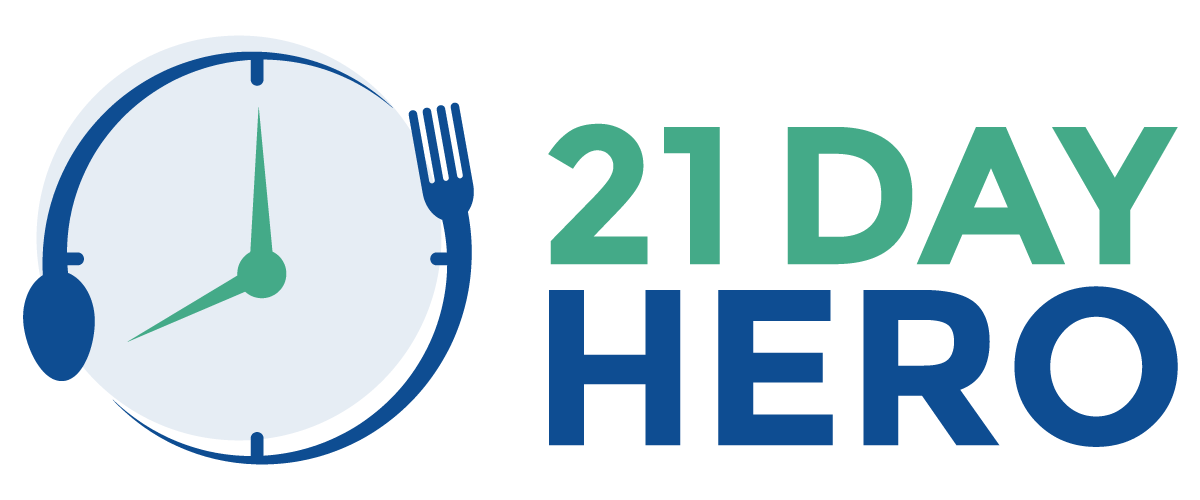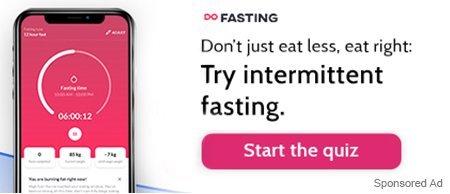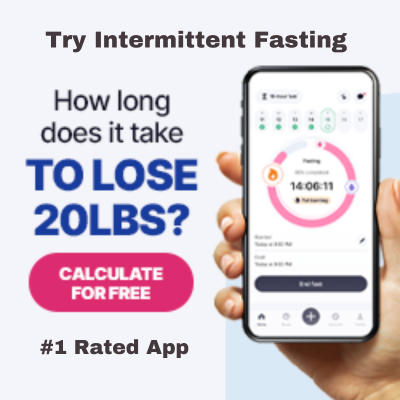History of Intermittent Fasting | The Science Behind Fasting | Benefits | Tips For National Fasting Month
Did you know that many people celebrate February national month of fasting every year? Fasting is when you take a conscious decision to avoid eating during certain hours of the day. Many religions and cultures fast from time to time.
During the hours of fasting, the body goes through many metabolic changes that help the body go into the state of ketogenesis. This is where the human body carries out different biochemical processes where micro-organisms produce ketone bodies. This happens when fatty acids break down, and the amino acids are the main source of energy for the body to carry out its day-to-day functions.
There are many health benefits of fasting, and if you want to tune your body and experience the benefits, you should give fasting a try. What better time than the Nation Fasting Month, February?
In this article, we will give you all the information you need about February as National Fasting Month and how you can maximize the benefits during this month to give your body a refreshing change.
History of Intermittent Fasting
If we were to look at the historical significance of fasting, it could be dated back to the times of famine. Many populations would go through severe famine where they would have to starve themselves because there was not enough food for anyone in the community. Then came the hunger strikes, these instances influenced the ‘starvation diet’ in this Diet; people would follow a zero-calorie lifestyle which would help many people lose weight and get their bodies in shape.
In the 20th century, these diets were promoted to be a great way to regain health. The promoters included Hereward Carrington, Frank McCoy, and Wallace Wattles. However, following such a lifestyle does not have the same results for everyone. Everybody is different and has different circumstances; therefore, your body can react differently to fasting as compared to others. It is important for individuals to keep their health in consideration before they start the fasting journey.
The importance of fasting can be seen in the way medical science requires patients to fast before they can be eligible for different medical procedures and even blood tests such as glucose. Other than that, you may have learned about popular personalities and the general public going on hunger strikes as a way to protest against political movements or unaccepted governments.
As per history, fasting has social, physical, and religious significance across cultures, languages, and even social classes. Having a complete month dedicated to fasting is interesting, and you can learn a lot about it from history.

Where It All Began:
Here is a recap of how February became the national fasting month:
1911:
Upton Sinclair wrote a book on fasting, and in the book, he talked about how fasting is the cure to all diseases going as far as to say that it could cure cancer. The book was called ‘The Fasting Cure.’
1932:
Many people started to question the credibility of fasting as a diet. One of those people was physician Morris Fishbein who deemed fasting as a fad diet that would gain popularity, but the popularity won’t last for very long.
1968:
Fasting continued to gain momentum, and more and more people used fasting as a way to improve their health and even ask for their rights. One such instance was when Cesar Chavez went on a 25-day fast to stand against violence and get his voice heard.
2016:
Technology plays a big role in our lives, and the inclusion of fasting in the monitoring of health makes it easier for the masses to adhere to good healthcare. This is when a software company by the name LifeOmic, took the initiative to create a mobile application that helped people track their fasts.
The Science Behind Fasting
When you fast for the whole month of February, it will be called intermittent fasting. This type of fasting puts more emphasis on the timings of when you should eat. In this form of fasting, you eat for certain hours during the day and fast for the rest of the hours, and follow the same routine for several days.
You can fast multiple ways, but the main idea remains the same. The main types of intermittent fasting include:
Time Restricted Eating
The time-restricted Diet is when you follow a small eating window that limits the duration you can eat. For instance, you can fast for 12 hours and eat for the rest, or if you want to push harder, then you can eat for 4 hours and fast for twenty.
5:2 Diet
In this Diet, you are required to fast for just 2 days in the week and then continue with your normal Diet for the rest of the days. The two days of fasting should be non-consecutive.
Fasting On Alternate Days
In this type, you can fast on alternate days of the week, and for the rest, you can continue with your normal Diet.
You can pick any of these diet forms as you want but it is important for you to keep a watchful eye on what you eat so you do not end up consuming high-calorie meals that affect your Diet significantly.

Benefits of Intermittent Fasting
To help you decide whether or not you want to climb the bandwagon, here are all the benefits you may experience if you take part in National Fasting Month.
Cholesterol Levels
Intermittent fasting has been researched to help with the reduction of cholesterol. It can decrease bad cholesterol and increase good cholesterol, known as HDL.
Blood Sugar Control
To live a healthy life, it is very important to control your blood sugar; intermittent fasting can help you with that. It works by reducing insulin resistance and increasing sensitivity.
Thinking & Memory
As per research, intermittent fasting helps with working memory which means that you will be able to think at a faster pace. Furthermore, intermittent fasting also helps with the retention of memory.
Mental Health
Intermittent fasting helps regulate the circadian rhythm, and that helps us with our life patterns. A regulated circadian rhythm ensures that your mind gets the rest it needs, and when you wake up in the morning, you feel as refreshed as you can.
Weight Loss
One of the biggest benefits of fasting is weight loss. Individuals who are overweight and obese can choose intermittent fasting to lose the extra pounds they may have accumulated over the years. However, it is very important to consider what you are eating during your eating windows. Do not exceed your calorie count, and ensure that you stay in a caloric deficit.
Inflammation
Through calorie restriction, you can reduce inflammation levels in your body that are associated with many autoimmune diseases, such as rheumatoid arthritis. According to research, during periods of fasting, the body shows pro-inflammatory markers were found to be lower than when the body is on a regular diet.

Tips For National Fasting Month
Hopefully, you will be convinced by the benefits mentioned above and are fully geared to observe national fasting in February.
Schedule Your Fasts
It is important for you to enter the fasting month with a plan in mind. You should have a clear idea in mind about what you expect from these fasts and how long you will be fasting. If you start the month without a solid plan, there are chances that you will give in to your cravings and isolate the national fasting month.
When you schedule your fasts, you will make the most of the opportunity and get the most health benefits.
Ensure That You Consume High-Value Food
By fasting, you don’t have to skip food, but it is essential for you to consume a healthy diet and ensure that your body gets all the nutrients it needs to stay healthy and active.
Tell Others About National Fasting Month
People around you may not know the February national month of fasting, and it is a good idea to spread awareness so more and more people can benefit from the month. Moreover, you will also get a partner you can fast with and exchange tips that can help both of you with the fasting.
Do You Need Someone To Help You With Your Intermittent Fasting?
21DayHero is here to help you with your intermittent fasting with its amazing plans and information-filled content. With the right team on your side, you can make the most of your fasting and get the best health benefits. 21DayHero can provide you with all sorts of diet plans molded as per your body’s unique needs.
You can join in on any of the challenges and have a great time healing your body and reaching great heights of health. With 21DayHero, you can connect with nutritionists and dieticians and get a diet plan that will ensure you accomplish your goals without compromising your health.
I recommend starting here to learn more about these types of fasting which are the MOST popular, starting with 16/8 Fasting, click on these guides below to learn more:
16/8 Fasting Guide, 14/10 Fasting Guide, 18/6 Fasting Guide, One Meal a Day Guide.
Also need help fasting? Check out these Top 6 Fasting Mobile Apps we recommend to help you on your journey.











